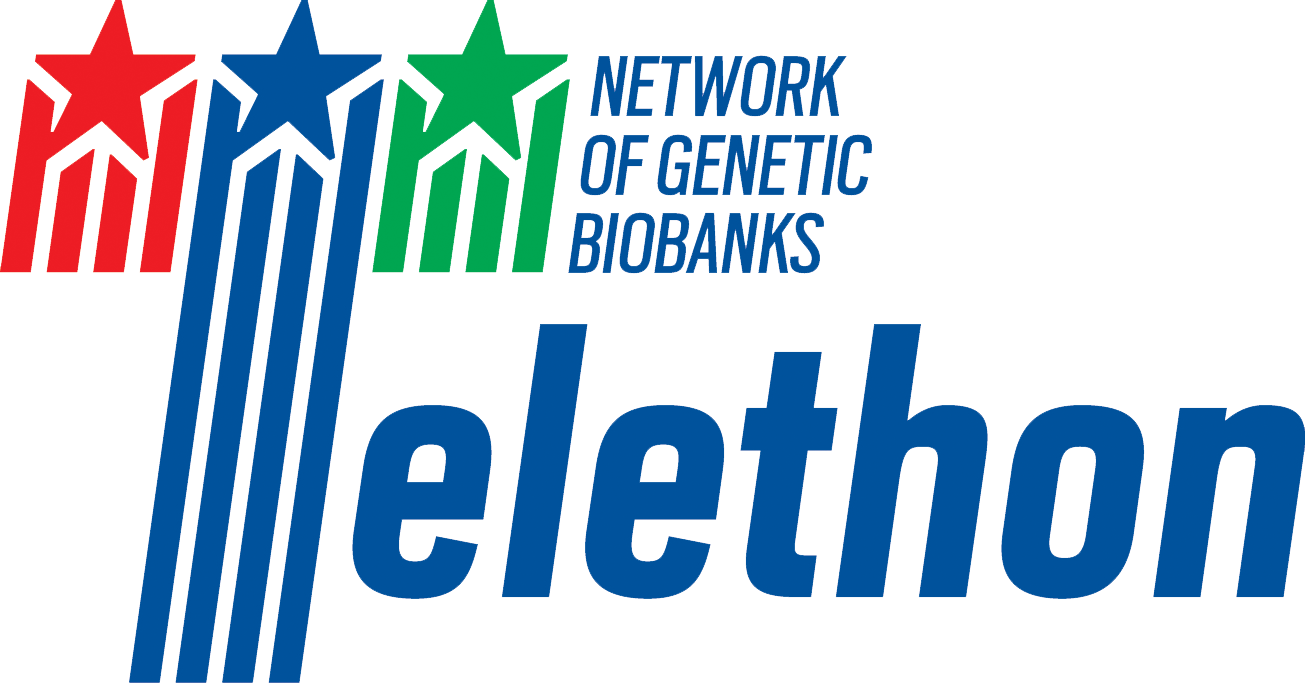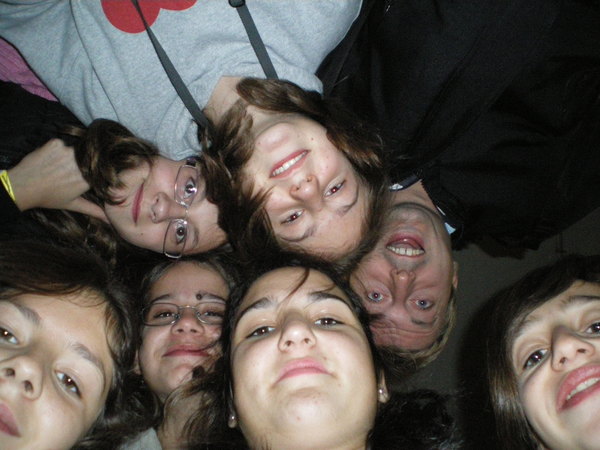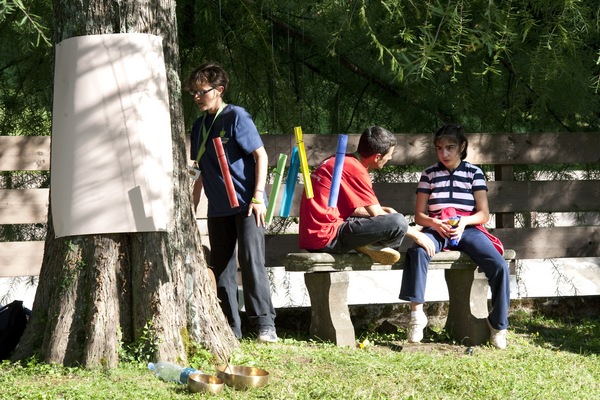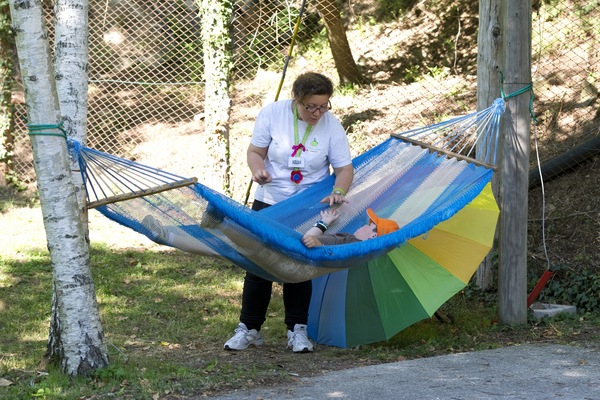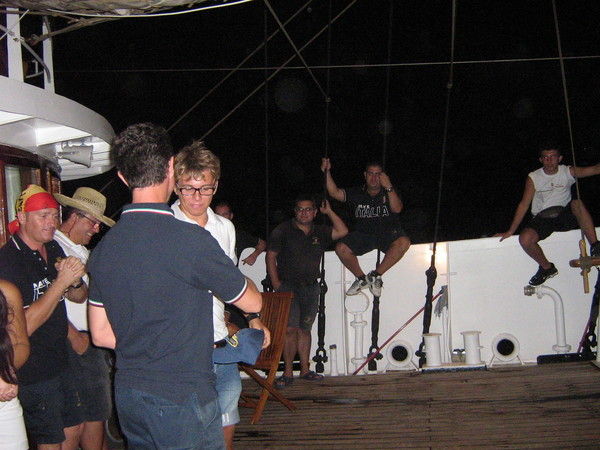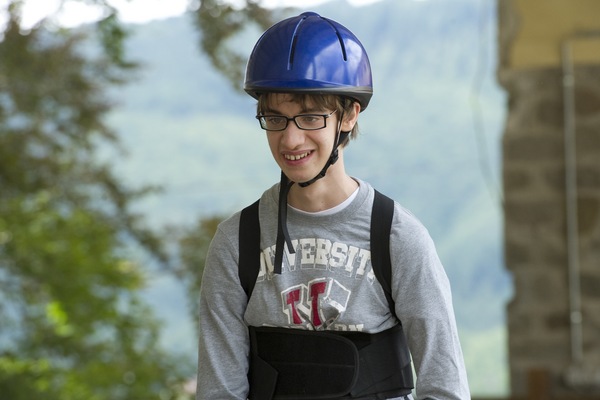ANALYSIS OF RING14 CHROMOSOME IN HUMAN NEURONAL TISSUES
| Project Leader | Spinner Nancy B. |
| Host Institution | Children’s Hospital of Philadelphia at The Perelman School of Medicine, University of Pennsylvania, Philadelphia (USA) |
| Duration | 1 year |
| Start-up date | November 2015 |
| Financed amount | € 50.000 |
| Status | Completed |
| Output/achievements | Grantome |
Ring14 Syndrome is a debilitating disease that causes drug-resistant epilepsy, severe intellectual disability (IQ <70) and developmental delay. No study to date has focused on aspects of cellular neuropathology of Ring14 syndrome, mainly due to the lack of appropriate models. We know that neuronal cells with Ring14 have reduced proliferative capacity (i.e. they are not able to give rise to a sufficient number of "offspring" cells). They also have decreased efficiency, which could be the main cause of microcephaly and seizures in patients suffering from this genetic disease.
In order to study the neural aspects of Ring14 Syndrome, Dr. Spinner and her collaborators at the University of Pennsylvania intends to use iPSCs (induced pluripotent stem cells) obtained from cells derived directly from patients. To overcome the problem of instability of iPSCs that carry genetic aberrations such as a circular chromosome, the researchers intend to transform iPSCs obtained from patients into differentiated neuronal cells. The resulting iPSCs differentiated into mature neurons will be able to steadily maintain circular chromosomes and will be used to set up more complex 3D neural structures able to faithfully mimic mechanisms similar to human brain cells.
These neural models will be subjected to investigation using sophisticated genomic technologies in order to identify those changes in gene products ("gene expression and epigenetic") that contribute to major neuro-pathophysiology complications of the Ring14 syndrome. These variants, once identified, may be the targets on which to develop specific therapeutic approaches to alleviate the symptomatology of Ring14. In addition, these findings could be applied to other diseases with ring chromosomes.
Documents
› Project (165 KB)







